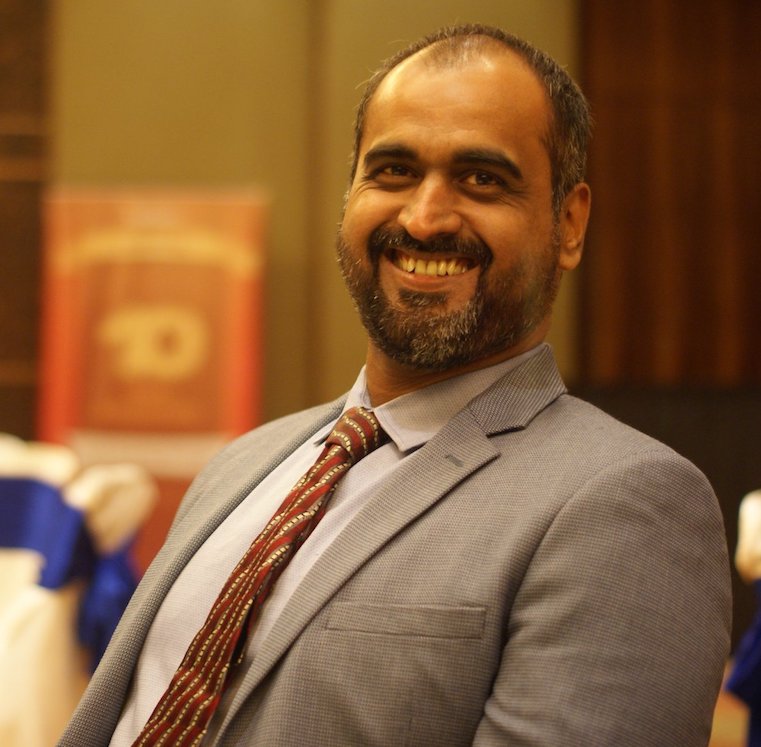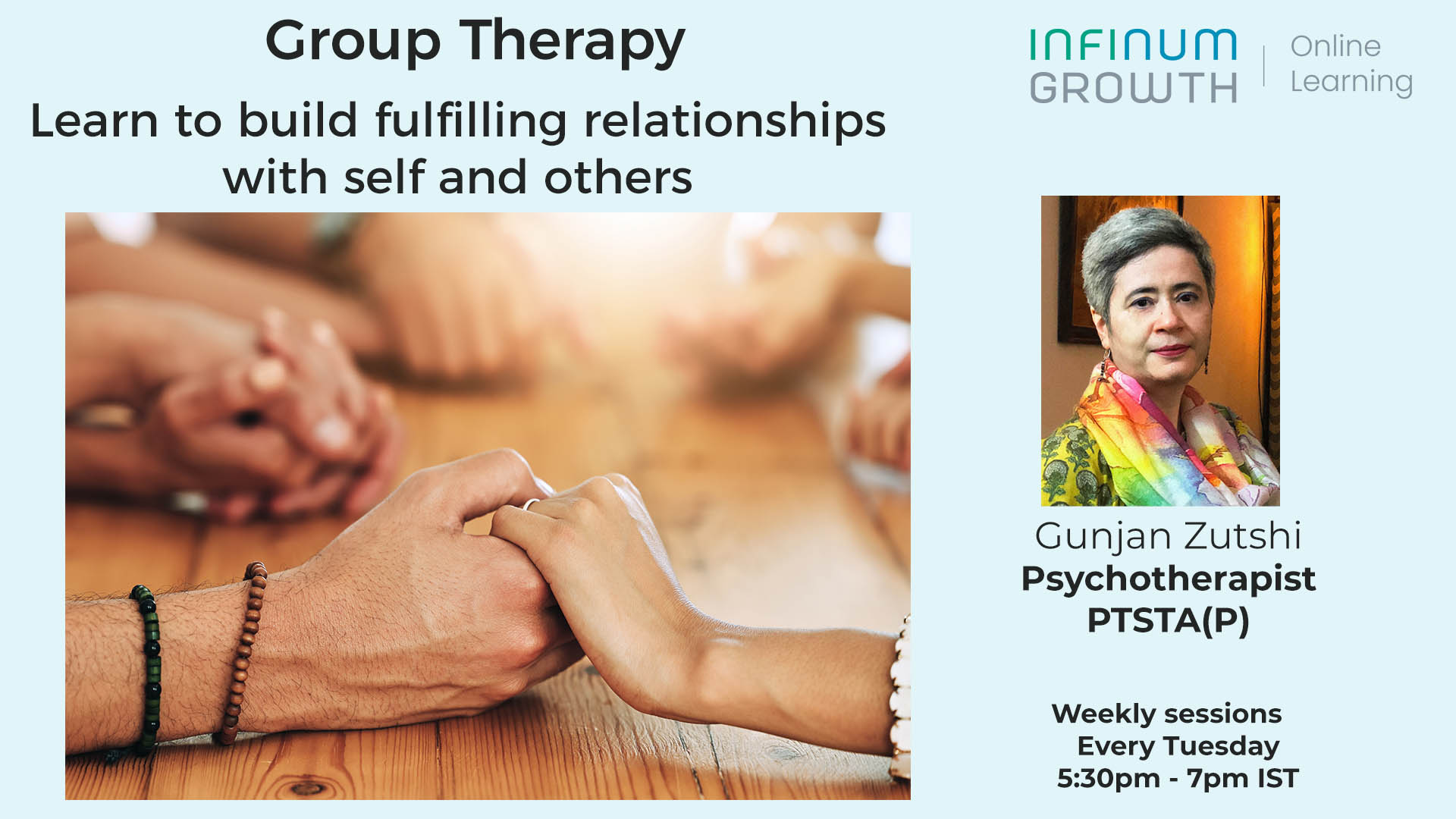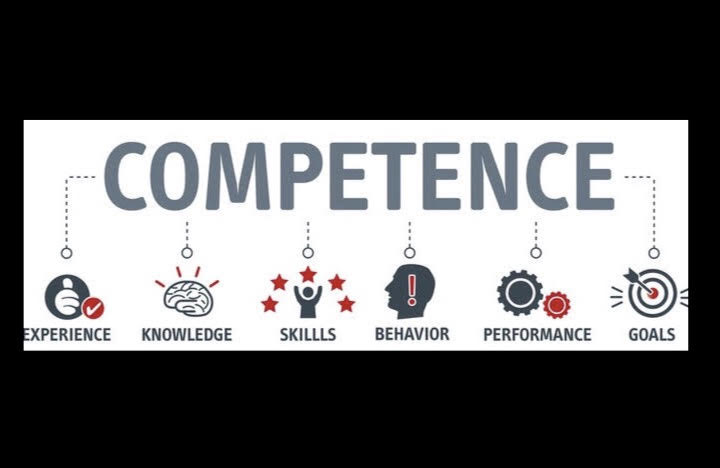Before you read on, please take a few minutes to search the internet for the meaning of the word “permission”. You will find that every definition and example of usage, refers to one entity (individual, organization, government etc.) permitting another entity to do something or let something happen. Until recently I would have accepted this without a second thought. Thanks to my personal journey, I cannot help but notice the anomaly in this narrative – the absence of permissions to self in these examples.
How does this conventional wisdom about permissions affect our adult life? Does it limit our understanding of our options to live life on our own terms? What are the ways in which we can give permissions to self?
The seeds of permissions to self – planted in early childhood
As children, we look up to our parental figures to learn the Do’s and Don’ts of surviving and thriving in this world. The child learns to satiate hunger, enjoy playing and stay away from a burning flame through her interactions with parental figures. For the child, with her limited mental and physical capacity, these parental messages provide the essential directions to navigate this world.
These parental messages also extend beyond physical survival to the emotional realm; where a child learns whether it’s ok to cry, feel angry, sad or a sense of joy. These messages are not always verbal; but most often non-verbal reactions and modelling by parental figures.
One of the most insightful learnings I have had in the past year and a half, as I embarked on my personal growth journey through Transactional Analysis (TA), has been the power of giving permissions to my self.
In an earlier article on The power of Permissions, Ragini Rao eloquently explored the impact of childhood messages in creating self-limiting beliefs; which we carry well into adulthood, often without awareness. She also explored the ways in which we can overcome these beliefs by giving ourselves permissions.
Here I am sharing my personal journey in giving permissions to self.
Learning to give permissions to self – My personal journey
I have come to look at these permissions to self, as a process of rewriting certain childhood survival strategies; with new ones which are more appropriate for my adult circumstances. The process of rewriting strategies which, on the face of it, have helped me survive so far in life, has been a challenging one. I have observed myself seamlessly slip in to the familiarity of my outdated beliefs about myself, others and the world, on more than one occasion. However my awareness and certain strategies, which I will explore in this article, have helped me continue this journey and it has been an empowering process.
Permission to express feelings – finding safe spaces
My early childhood messages gave me enough permissions to think; Not as much to feel. Especially feelings perceived to be negative, such as sadness and vulnerability. My belief was that expression of these feelings were a sign of weakness. Hence my strategy was to out-think these feelings. As I explored this aspect, I found the necessary protection to allow myself to experience and express these feelings in certain safe spaces. These included my one-on-one therapy sessions, group work as part of my Transactional Analysis learning and within some personal relationships. I could authentically express myself in these spaces based on my new belief (even if limited to these safe spaces), that I will not be judged for doing so.
I realized that the greatest stumbling block against giving myself permission to feel, was the fear of being judged by others and the critical voices within me. For example, I was deeply influenced by the modelling of vulnerability by my co-participants in my TA learning group. Experiencing their vulnerability and its acceptance within the group, gave me the courage to express my own vulnerability.
Once I could find spaces where I felt safe enough to be authentic, I could allow myself to express these feelings. Over time these permissions to self have permeated into spaces which I have hitherto not considered as potentially safe spaces to express. There are still many spaces where I do not feel as safe to do this. However, those spaces are shrinking, slowly but steadily.
Finding balance within Self – Working with one’s belief system
When I became aware that as an adult, I continue to carry with me certain beliefs which helped me survive my childhood circumstances, my instinct was to go on an overdrive and rewrite the entire set of these messages. However this enthusiasm was tempered by the realization that, several of these beliefs were in fact integral to shaping the person that I have grown into; including the positive values and qualities.
With the help of my personal work and group work, I was able to focus on those beliefs which were limiting my authentic experiences in the here and now. I am now conscious of not demonizing my entire belief system but rather applying the test of relevance of these beliefs in the light of my adult realities. For example, my belief in working hard has stood me in good stead in my professional pursuits. However, I am now aware that I have been applying this belief to some of my personal relationships as well; leading to relationships which appear to be one-sided. With this awareness, I am rewriting my beliefs to reflect the circumstances of my adult reality.
Breaking free of Self limiting beliefs through Self Awareness
The journey to flourishing into an autonomous adult, free of self-limiting beliefs, starts with self awareness and acknowledgement of the role outdated childhood strategies and the beliefs based on parental messages are playing, in our adult life. This awareness can be unsettling at the beginning, since it involves letting go of patterns which we have been used to for a lifetime. It is also empowering, once we experience the potential for change and freedom this can bring about. I have found that safe spaces and a sense of balance have been two critical aspects in the process of giving permissions to self. I have also come to realise that this act of balancing is an ongoing process, helped by a growing sense of awareness, learning and experimentation.
I have only begun, what I believe would be a life-long process of giving permissions to self – small and big; but it does get easier and more empowering with every passing day.
Krishnan Madhabushi is a Psychotherapist and Leadership Coach and is available for one to one sessions online as a part of the InfinumGrowth Counselling & Psychotherapy panel as well as InfinumGrowth Coaching panel. Click to know more.
Please do leave your comments at the bottom and do share with others if you like this article.


















